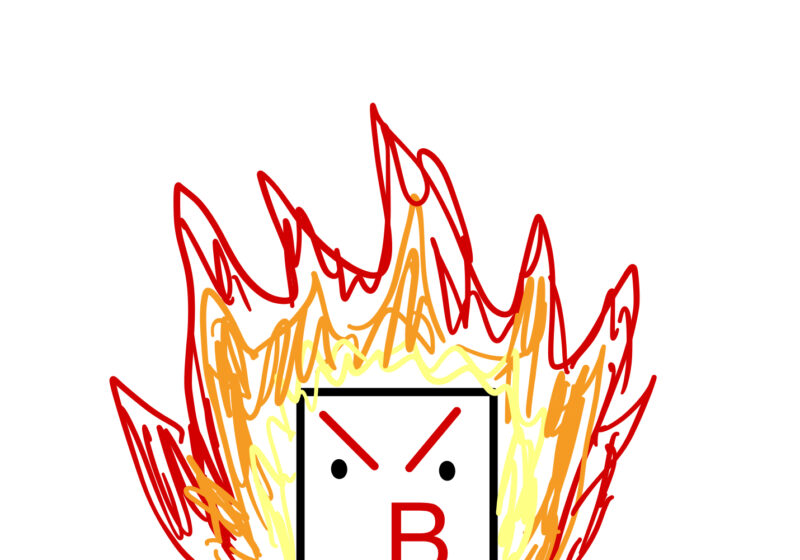“Tradition, tradition, tradition!” You can almost hear those words resounding strongly when David Krakauer wails Yiddish modal licks on his clarinet. The “tradition” that the character Tevye speaks of in the musical “Fiddler on the Roof” gets infused with popularity by world-famous klezmer clarinetist Krakauer.
While keeping the history of the Jewish dance music, he transforms the music into something more hip by allowing it to be influenced by the likes of John Coltrane, Trouble Funk and others of classical, jazz, hip hop and modern genres.
Krakauer will visit the Eastman School of Music on March 18 and 19 for performances, masterclasses and conversation hosted by both Eastman and UR Hillel. Following Shabbat Services and a free dinner through Hillel at the Directors Dining Room in the Eastman Student Living Center at 7:30 p.m., Krakauer will give a masterclass from 9:30 to 11 p.m. in ESM Room 120, featuring “The Dreams and Prayers of Isaac the Blind” by Osvaldo Golijova.
This piece, written in 1994 for string quartet and klezmer clarinet, is an epic piece based on three of the languages spoken by Jewish people throughout history – Aramaic, Yiddish and Hebrew. Eastman students will perform the prelude and first movement in the masterclass.
On March 19 from 1:30 to 3 p.m. in Kilbourn Hall, Krakauer will recount his exploration of Jewish culture in klezmer music and how he balances his klezmer playing with his classical performing while giving live examples of his adopted style.
It was 1987 when a friend of Krakauer’s asked if he knew someone who could play clarinet in a klezmer band. Abandoning jazz in the past for the fear of being unoriginal, he grasped the opportunity to try his hand at klezmer. It’s been a perfect match ever since.
“When I came to klezmer music, I felt like, wow, I’ve got a home here,” says Krakauer. “I can improvise. I can compose. I can be an interpreter, because it’s like taking this old style and interpreting it, putting my own voice to it. And I said, ‘This is me. I don’t feel like a fish out of water.'”
Junior Morgan Nilsen, clarinetist, has been a fan of Krakauer from her high school years. After taking a few lessons with Krakauer, she has been mesmerized by not only his abilities on the clarinet, but by his kind and magnanimous personality devoid of professional ego. Interested in klezmer music, she took her first journey through the world of public relations to bring Krakauer to Eastman.
Her first steps were to contact Krakauer himself, who had expressed interest in the past for coming to Eastman. After he agreed enthusiastically to come, she went to Eastman, Hillel and private donors to raise the money.
“I’m no PR agent, so this process was new to me,” Nilsen said. “I appreciate everyone’s help along the way.”
Klezmer means “music” in Yiddish. It is known as the festive Jewish music born in Eastern European countries such as Russia, Poland, Byelorussia, Moldavia, Rumania, the Ukraine, the Baltic states and Hungary, among other countries. It was brought to America in the wave of Jewish immigration between 1880 and 1920. Much of Eastern European Jewish music was abolished during World War II, but continued to exist through musicians who immigrated to America during that period.
Krakauer is excited to continue spreading the roots of Jewish culture through klezmer music, but is intent on keeping it from being a dying form of music. He is magically able to combine his popular musical interests and jazz background with klezmer to make some of the most daring recordings of the past decade.
Combining forces with the Kronos Quartet, the Emerson Quartet, John Cage and Itzak Pearlman in his career, he has been successful at creating a future for the exploration of klezmer music.
Two student klezmer groups will show off their skills and imagination in Kilbourn Hall on March 19 at 8 p.m. “New Kids on the Shtetl,” made up of Eastman juniors Nilsen, clarinet, Charlie Dye, drums and Greg Chudzik, bass, and sophomores Jonah Levy, trumpet and Will Chapin, guitar, will perform original music. With a special appearance by a Brown University student group called “Yarmulkazi,” it will be an evening of experimental klezmer music that shouldn’t be missed.
Reguero can be reached at areguero@campustimes.org.




